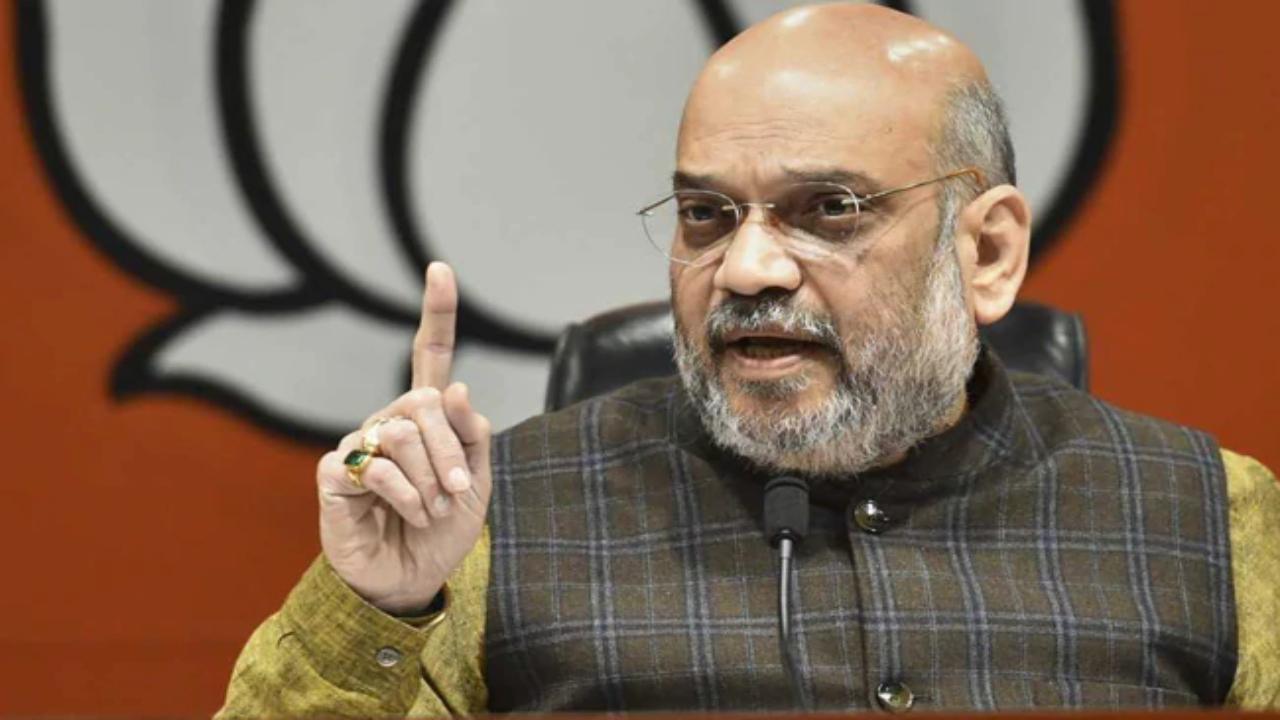Government of India on Monday declared ‘Students Islamic Movement of India (SIMI)’ as an 'Unlawful Association' for a further period of five years under Section 3(1) of the Unlawful Activities (Prevention) Act (UAPA) 1967

Pic: PTI File
Government of India on Monday declared ‘Students Islamic Movement of India (SIMI)’ as an 'Unlawful Association' for a further period of five years under Section 3(1) of the Unlawful Activities (Prevention) Act (UAPA) 1967.
ADVERTISEMENT
The last ban on SIMI was imposed, vide Gazette Notification Number S.O. 564(E), on January 31, 2019.
“SIMI is continuing to be involved in fomenting terrorism, disturbing peace and communal harmony in the country which are prejudicial to the sovereignty, security and integrity of India.
“Many criminal cases have been registered against SIMI and its members under various sections of law including the Unlawful Activities (Prevention) Act, 1967,” the Ministry of Home Affairs said in a notification.
SIMI was formed on April 25, 1977, in Aligarh, Uttar Pradesh, with Mohammad Ahmadullah Siddiqi serving as its founding president. At present, Siddiqi holds the position of a Professor of English and Journalism at Western Illinois University in Macomb, IL. In 1981, SIMI activists expressed their dissent towards PLO leader Yasser Arafat's visit to India, protesting and welcoming him with black flags in New Delhi. This action was rooted in the perception of Arafat as a Western puppet by young SIMI activists, while senior leaders of Jamaat-e-Islami Hind (JIH) viewed him as a champion of the Palestinian cause. As SIMI supported the 1979 Iranian Revolution, the JIH distanced itself from SIMI, turning to the older student organization, SIO.
The organization aims to combat what it perceives as increasing moral decay, sexual anarchy, and the 'insensitivity' of the 'decadent' West in Indian society. The restoration of Islam's supremacy, focusing on the resurrection of the khilafat, the importance of the Muslim ummah, and the waging of jihad, constitutes some of SIMI's key objectives.
The Government of India banned SIMI for the first time on September 26, 2001, immediately following the September 11 attacks in the United States. SIMI remained banned from September 27, 2001, to September 27, 2003. During this period, numerous prosecutions were initiated against its members under various anti-terrorism acts. The second ban, dated September 27, 2003, concluded on September 27, 2005.
However, SIMI was believed to be dysfunctional between September 28, 2005, and February 7, 2006, as many of its members were demoralized or had surpassed the age limit of 30 years for membership. On July 27, 2006, the Indian Government asserted that SIMI had intensified its subversive activities and was involved in major explosions, communal violence, and the circulation of inflammatory material across the country.
Although the third ban on SIMI was lifted by the Delhi High Court Tribunal on August 5, 2008, citing insufficient material provided by the home ministry, the Supreme Court of India stayed the lifting of the ban on August 6, 2008. A special tribunal later upheld the ban, affirming SIMI's links with Pakistan-based terror outfits and its front, the Indian Mujahideen.
 Subscribe today by clicking the link and stay updated with the latest news!" Click here!
Subscribe today by clicking the link and stay updated with the latest news!" Click here!







